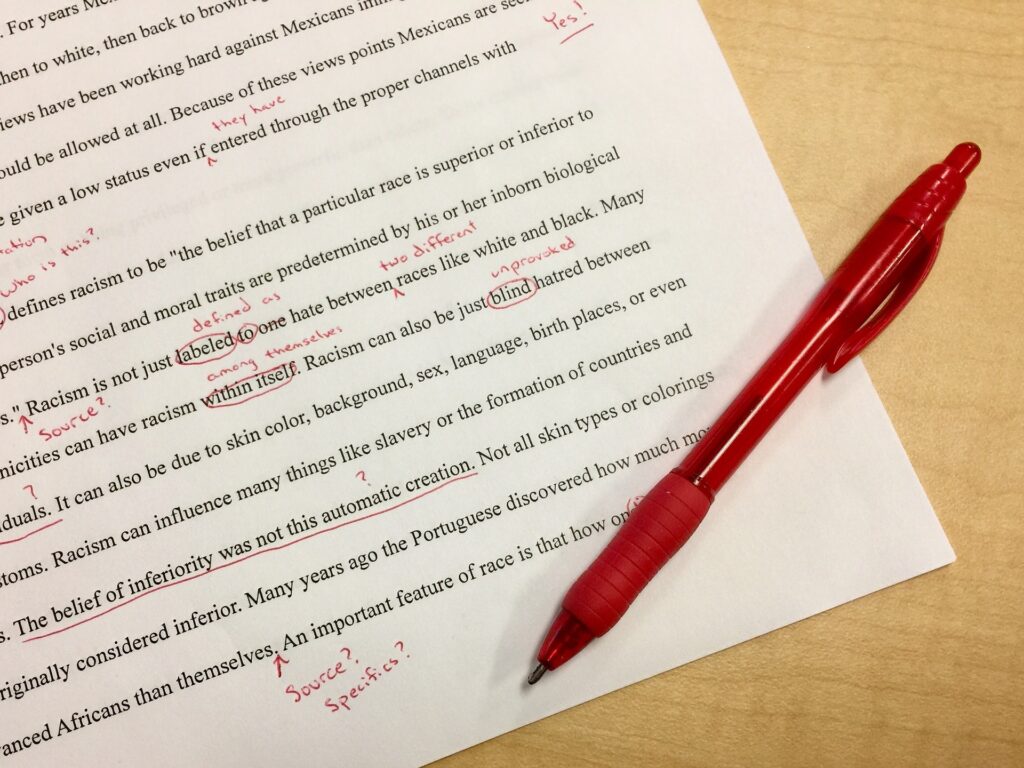So I’ve been thinking about critiques lately, specifically whether or not these things can be objective. Is there an objective measure for how good a piece of art is? What this measure is will vary from medium to medium, but does the presence or involvement of this measure make the critique objective?

I’ve come to the conclusion that critique can be both objective and subjective. There is a place for conventions and external standards of measure. For writing, these would be grammar, paragraphing conventions, and the elements of storytelling. Yet the most valuable parts of a critique is the critiquer’s subjective opinion. Even though these opinions may be off-base (or otherwise “wrong”) or something that you don’t agree with, these opinions give you the author valuable insight into how other people are interpreting your work. Where did the reader head off-track? Is there a way to better convey your message or intentions? Why don’t you agree with the critiquer’s assessment? These are the questions you want to ask yourself after reading a critique.
Here’s the blunt truth. When it comes to creative writing (prose especially), so many of the “normal” rules are thrown out the window. The success or failure of a creative piece rests on audience reception. And reception is, by nature, subjective. Thus, subjectivity should (and I believe always has been) at the heart of critique. To ignore or downplay this is to miss the point.
I plan to cover how to give and receive critique in future posts. It wouldn’t be a good “how to write better” blog without a few of those, right? For now, though, remember this: don’t ever be afraid to give your subjective opinion in a critique. Even if you’re a complete newb to this writing biz, you can still have an emotional response to a work. Share that! If you really like something in the piece you’re critiquing, say so. If you really didn’t like something, say so and try to explain why you feel that way. If something confused you, point it out and ask questions. Trust me. These impressions and insight are critique gold.
What do you think? Should critiques be more objective, or should they stay subjective? Leave your thoughts in the comments below.